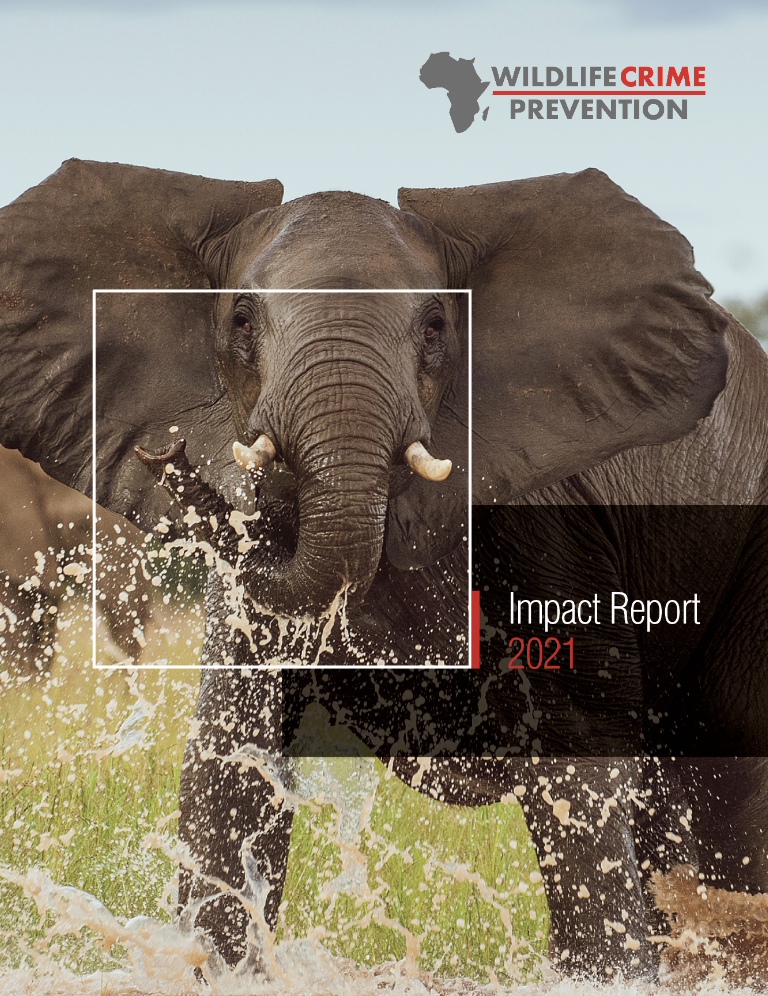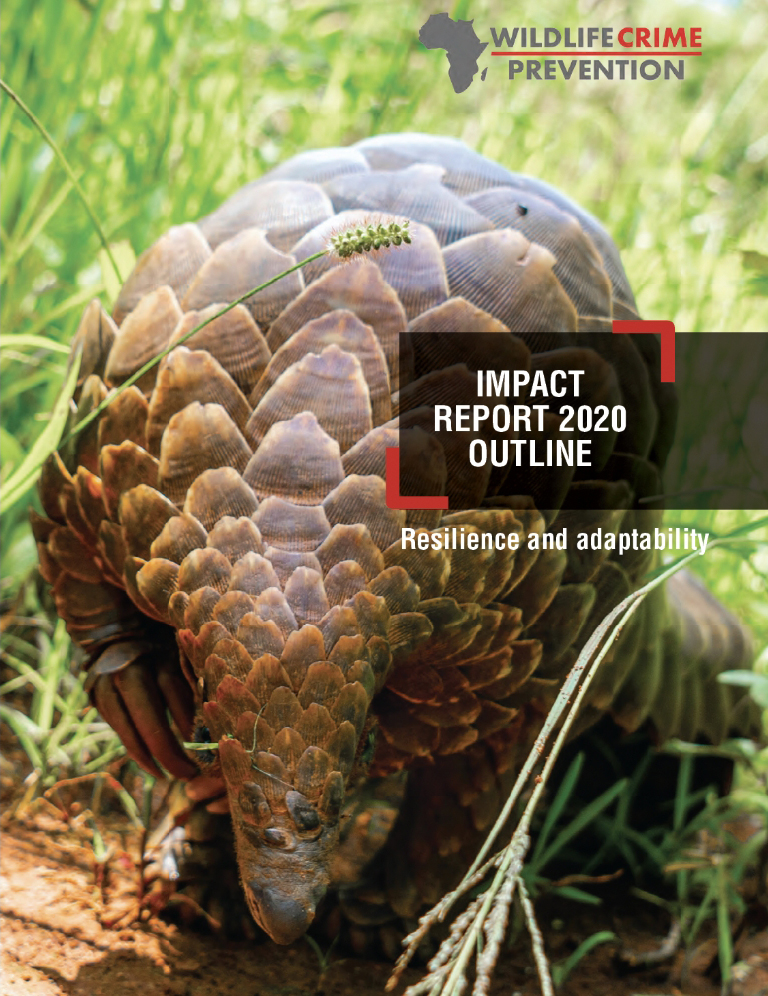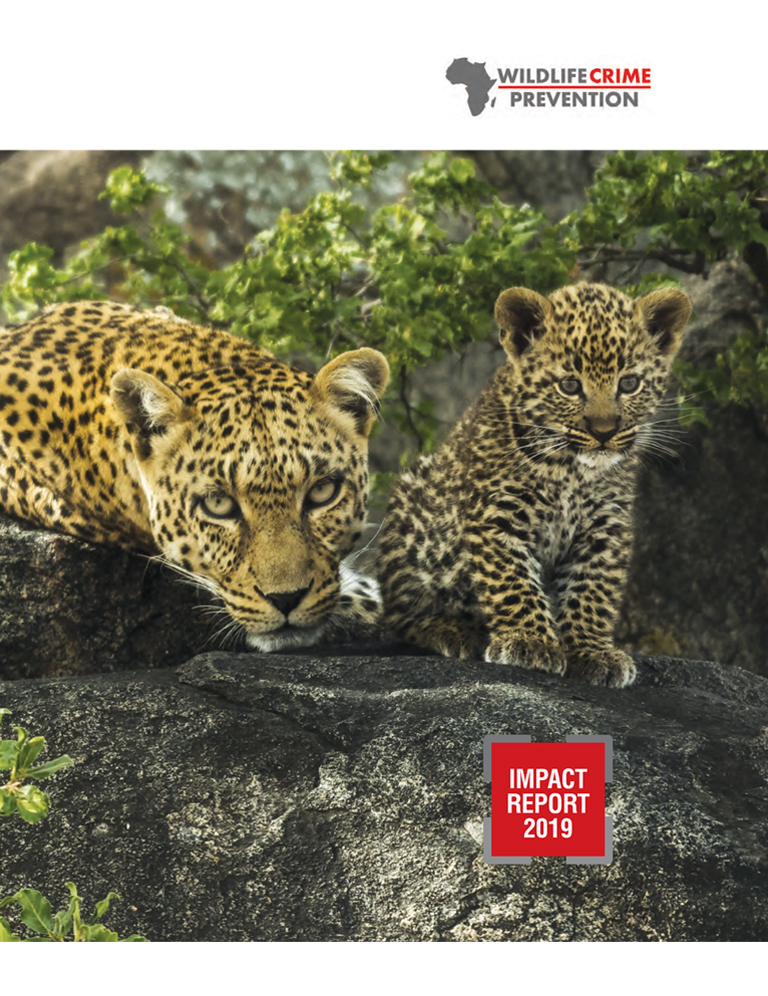OUR WORK
Communications
Capacity building
Identify needs, particularly within the Zambian media and press, and our government partners, DNPW, ensuring they have all the necessary information to produce positive Zambian wildlife stories and hold other stakeholders to account for wildlife issues.
Behaviour-change campaigns
Evidence-based and impact-evaluated campaigns to reduce wildlife and environmental crime in Zambia by providing relevant and resonant information and targeting audiences involved in activities such as the illegal bushmeat trade and the illegal pangolin trade.
Awareness-raising campaigns
More widespread information provided to the general public, less measurable but essential activities that involve a wider proportion of the general public in wildlife issues, engaging leaders and decision-makers on the broader conservation agenda.
Evidence-based research and impact evaluation
Our activities are based on evidence collected about our target audiences and the challenges affecting them. Activities are designed using this evidence and evaluated to measure impact. These efforts are used to inform future actions, ensuring the effectiveness of interventions.
WCP partners with a network of journalists and media houses and has recently established an environmental crimes journalism fellowship to enhance communication about IWT and promote our activities.
Our campaigns include:
This is Not A Game
WCP, in partnership with DNPW, supports Zambia’s first behaviour-change campaign targeting the illegal bushmeat trade.
View websiteThe campaign uses social media, TV, radio channels, billboards, key influencers and edutainment storylines on popular TV programmes. Using behavioural science and a baseline evidence-based study, the campaign calls consumers to action by targeting urban, illegal bushmeat consumers – the biggest bushmeat market and significant drivers of the trade. The campaign works with the legal game meat industry (Wildlife Producers Association of Zambia) to promote the alternative consumption of legal game meat over illegal bushmeat.
Conservation Careers Fair
WCP Zambia facilitates an annual Conservation Careers Fair (CCF) in Zambia. Starting in 2018, it is now hugely popular with job seekers. The fair demonstrates conservation’s role in the economy, providing sustainable career paths for many Zambians.
Over 50 conservation organisations working in Zambia attend the fair, providing information about potential employment opportunities to over 1,000 jobseekers comprising undergraduate, graduate and other participants. Motivational talks from conservationists and other influencers help participants learn more about the sector. Employment agencies provide recruitment advice such as CV writing and interview skills.
The event supports conservation organisations in Zambia, employing locally as much as possible. It assists students looking for jobs in knowing how to best position themselves for the roles that interest them.
Many graduates have found jobs through the fair and are now trailblazers in the conservation sector, leading and implementing conservation field activities:
Testimonials
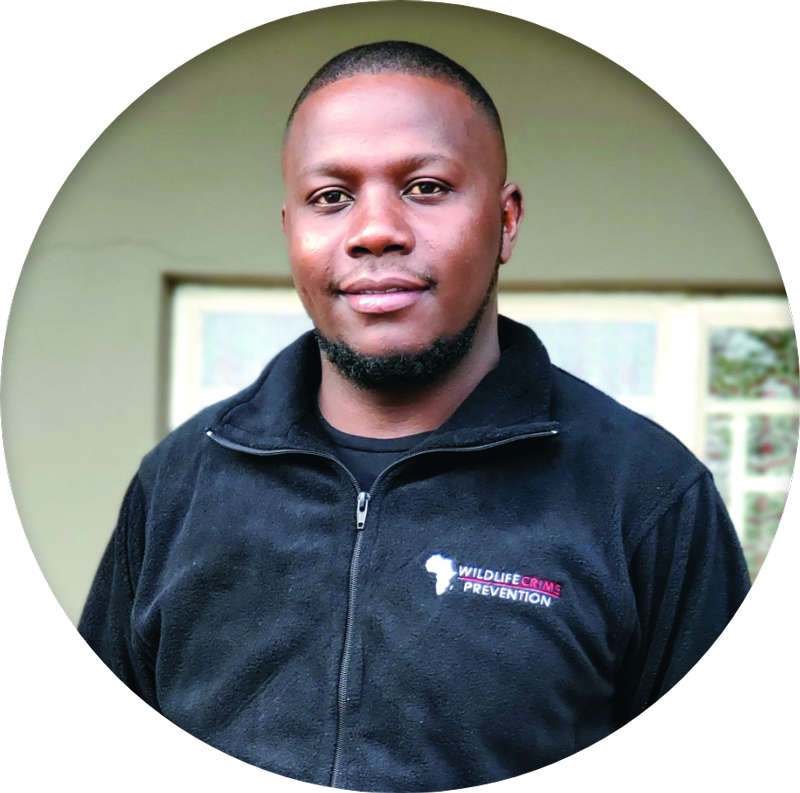
Remy kopeka
Data analyst - WCP
First attended the CCF in 2018, where he learned more about WCP. He found out about the event through social media and his friends and travelled from the Copperbelt to attend.
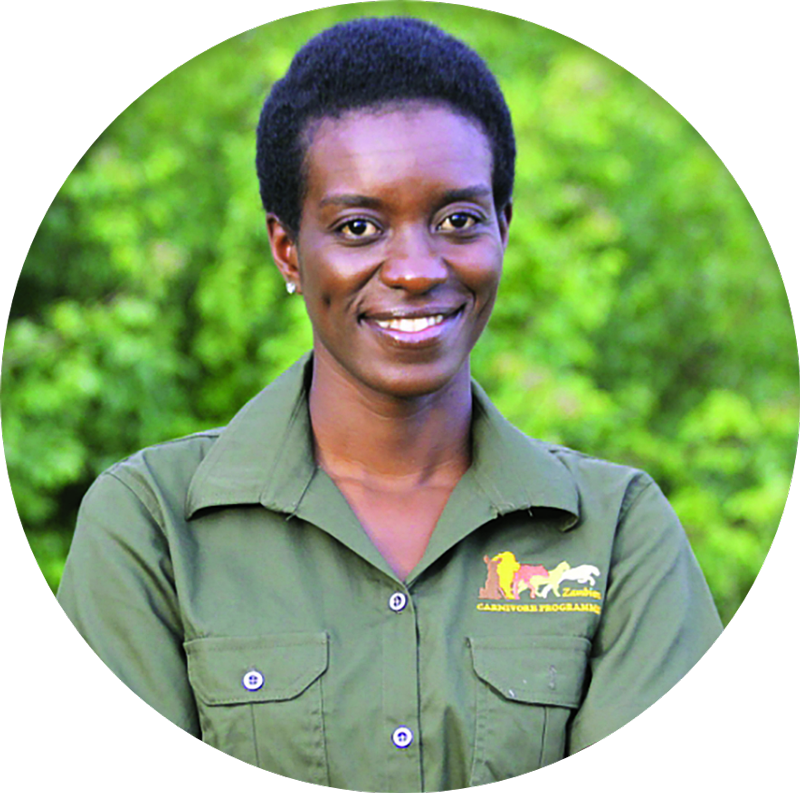
Kachama Banda
Field Ecologist and Education Coordinator Zambian Carnivore Program (ZCP)).
Kachama first attended the CCF in 2018, meeting the ZCP team. She applied for an internship and has been working at ZCP ever since. She heard about the CCF from her lecturer at Copperbelt University.
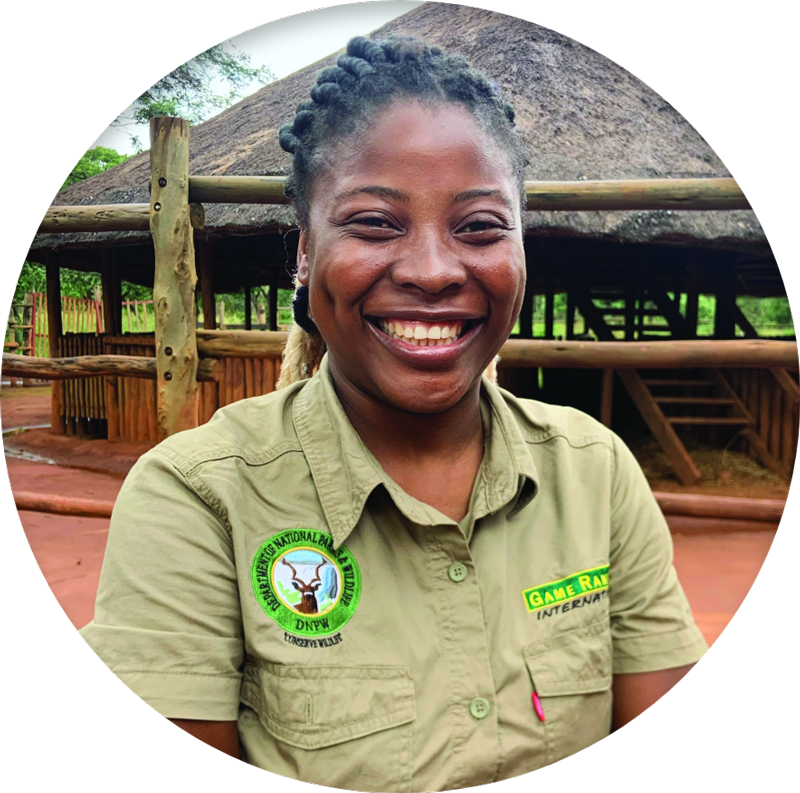
Mary Muyoyeta
Support Manager/Research Assistant Game Rangers International (GRI)).
Mary attended the CCF 2019 and was offered a volunteer opportunity with GRI. She found out about the CCF through social media. Mary spoke at the 2021 CCF about her experience.
Women for Conservation
The conservation sector in Zambia has historically been dominated by men. Conservation may be a difficult choice for women, especially if work is located in remote locations for long periods, apart from the possible cultural expectations of marriage, children or high-paying salaries. An equally gendered perspective can solve some of these complex social issues.
WCP Zambia’s Women for Conservation initiative provides an inclusive network for all women who work in or are interested in wildlife conservation in Zambia to meet, share ideas and opportunities and support each other.
The network hosts quarterly events, bringing members together in one space and connecting hundreds of women to each other, jobs and training opportunities.
In 2020, the Women for Conservation initiative launched a virtual mentorship scheme to support early career conservationists.
We pair young Zambian female conservationists with established and accomplished local and international conservationists. Post-pandemic, the scheme has evolved, with most meeting regularly for coaching sessions using the Women for Conservation mentorship handbook as a guide.
I remember being interviewed for my current position, and one of the interviewees recognised me from Women for Conservation. She noticed that I was passionate about wildlife conservation. Unfortunately, I was not selected for the job but was later engaged as an intern for the same organisation. This was a turning point for me as I was given the chance to learn, grow and offer my expertise and experience in environmental education.”
Choolwe Luwamya
Community Engagement Officer, Wildlife Producers Association of Zambia

